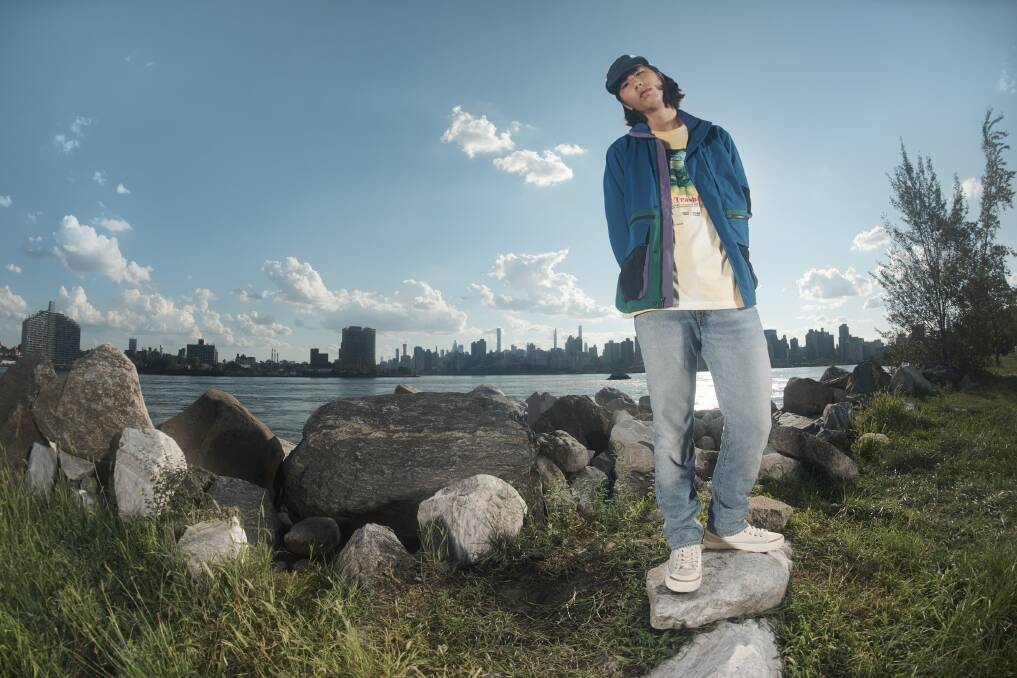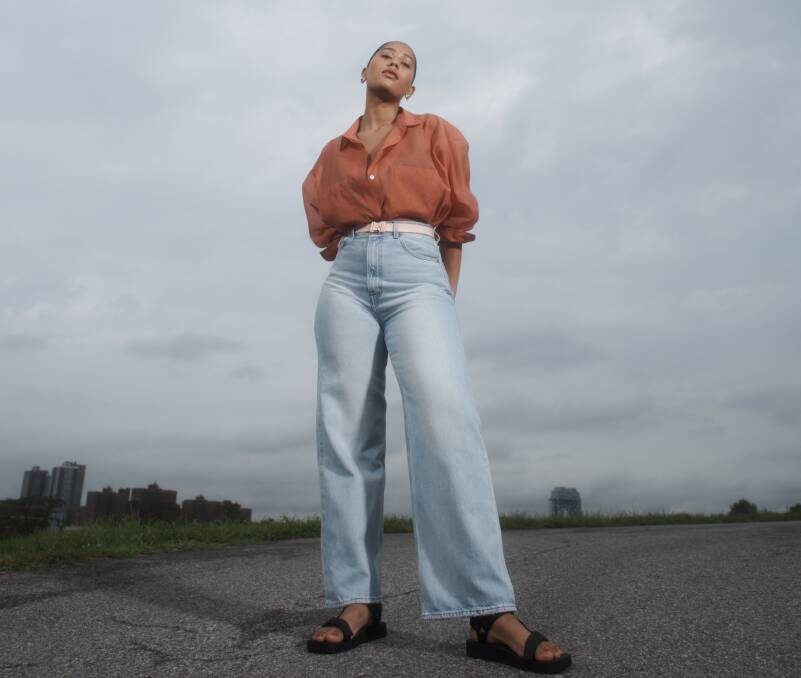Levi's asks customers to reimagine the world of fast fashion

This is a commercial collaboration with Levi's.
Fashion is, quite literally, one of the world's dirtiest industries. Due to the demand placed upon clothing manufacturers to keep up with trends, garments are being produced at alarmingly high rates and disposed of just as rapidly. It's no wonder the industry is considered the second largest polluter in the world.
For Levi's, sustainability is at the forefront of its design processes more than ever before and is the driving force behind fabric selections and finishing processes. Despite there being a long way to go, Levi's have made some incredible strides towards creating a more eco-friendly fashion future.
Here are some of the ways in which the company is leading by example when it comes to sustainability.
Repair, Reimagine, Recycle
Made to last, Levi's has been producing durable denim for over 150 years. Their commitment to innovation and mission to reduce their impact on the environment is coupled with a commitment to educate the consumer.
By encouraging people to repair, reimagine and recycle their denim instead of discarding, consumers can extend the life of their wardrobe and minimise their environmental impact at the same time. With 85 per cent of textiles ending up in landfill, product longevity matters now more than ever.

Sustainable clothing range
Levi's commitment to finding more sustainable alternatives to cotton has led them to hemp. Traditionally quite a rough fibre, Levi's have partnered with fibre technologists and found a way to 'cottonise' it. Cottonised Hemp requires less water and leaves behind cleaner, healthier soils, so not only do you get the same authentic Levi's look but you get a garment that's easier on the environment.
Combine this with the company's use of Tencel Lyocell - a fibre made from sustainably harvested wood - and the brand's commitment to environmental conservation becomes even clearer. The Cottonised Hemp and Tencel ranges are ever-growing, with each season's offer comprising of varying fits and silhouettes, each ensuring comfort and style without compromising on quality.
Beyond this, Levi's is continually experimenting and testing the value of new sustainability initiatives through its Wellthread™ Collection; a seasonal collection of Levi's most sustainably designed products. In addition to these styles being made using Water Less techniques, in their Worker Well-Being factories and with sustainable fibres, they are also designed to be fully recyclable.

Significantly reducing water consumption
In 2021, at least 80 per cent of all Levi's products are made using their Water Less® finishing process, which allows them to give their jeans that broken-in look that everyone loves without excessive water use. How do they do it? They tumble jeans with bottle caps and golf balls instead of fabric softener and water. Having started almost 10 years ago, the process has saved more than 3.5 billion litres of water and recycled over 5 billion more.
Enhanced working conditions
As Levi's continue to work toward making a positive environmental impact at every stage, they also continue to support the people who make the products through their Worker Well-being programs. Their Worker Well-being (WWB) initiative aims to improve the lives of the women and men who make their products around the world with factory-based programs that address issues related to health, financial security and gender equality.
Today, more than 219,000 apparel workers -working in 113 of our supplier's factories -have benefitted from specifically implement programs focused on financial empowerment, family well-being, and equality and acceptance.
These days, when more than 85 per cent of textiles end up in landfill, product longevity matters more than ever, as does the need for fashion houses to lead the way when it comes to sustainability. It's clear that Levi's is on a mission to minimise its environmental impact while encouraging customers to do the same.


